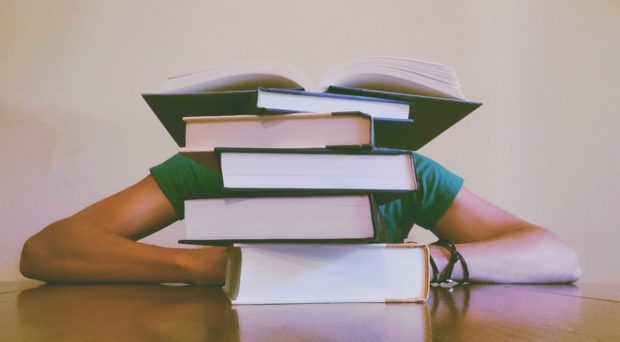
The teacher’s doubt
When they reach 9th grade, students in Israel choose in which field(s) they wish to major for the rest of high school. Neta loved biology and wanted to major in that field. She felt that she was good in the sciences and had never had any difficulties learning them. Sharon, her biology teacher, however, felt that the subject was too demanding for Neta and recommended that she choose another subject, one which was less intellectually challenging.
Hopefully this study sheds some light on what may lead one person to underestimate another, and will encourage teachers and researchers to reflect on their own and their students’ achievement goals orientations goals before advising their students what is “best for them”.
We were confused: was Neta unable to distinguish between her ideal self and her realistic self? We looked at the grades Neta had received in the biology tests that had been held since the beginning of the year and were surprised to see that they were excellent, placing her near the top of her class. So it appeared that it was Sharon rather than Neta who was misjudging Neta’s abilities. What was the reason for Sharon’s low appraisal of a student who was apparently talented, capable, and with high prior accomplishments in biology?
Goal Orientation and the Golem Effect
As we followed Neta and Sharon throughout the year, Sharon continued to let Neta know that she doubted her abilities. Neta’s achievements in biology decreased and she began to doubt herself, wondering whether Sharon was indeed correct in thinking that she was not “built” for biology. We saw this as an example of the Golem effect, according to which, if low expectations are set by the teacher, self-efficacy falls, less effort is expended because one does not believe any longer that one has any chance of succeeding, and as a result lower performance is exhibited, justifying the low expectations set by the teacher. The Golem effect is traditionally explained using expectancy-value theory. However, this theory does not address the issue of what can lead a biology teacher to under-estimate a student or why one student may be able to withstand the negative influence of the under-estimation but another not. Using the perspective of achievement goal orientation theory, we believe we succeeded in shedding some light on this in this study.
We saw this as an example of the Golem effect, according to which, if low expectations are set by the teacher, self-efficacy falls, less effort is expended because one does not believe any longer that one has any chance of succeeding, and as a result lower performance is exhibited, justifying the low expectations set by the teacher.
The Disadvantage of Asking Impulsive Questions
A motivational survey given at the start of the year showed that Neta was extremely mastery oriented in science, more so than any of her peers. She also had a lower level of performance-approach and performance-avoidance orientation than any of her peers. This means that Neta wanted to understand, to develop a sense of mastery, and was not concerned in impressing others with her knowledge.
As a result, when she didn’t understand something, she asked questions in class, even if others (including the teacher) might have felt that the questions were silly. She needed to understand. On the other hand, the teacher acknowledged that she would never ask a question that might give the impression that she did not understand a topic. She felt (A) that only weak students ask “thoughtless” questions. Since (B) Neta asked many (in Sharon’s eyes) thoughtless questions, therefore (C) Neta must be a weak student. Sharon’s opinion of students who impulsively ask questions is not unusual among teachers and has been identified before.
Sharon’s opinion of students who impulsively ask questions is not unusual among teachers and has been identified before.
Reflections on Underestimation
In the end, Neta was able to withstand Sharon’s influence. Being at her core mastery and not performance oriented, with the support of her parents she followed her heart and majored in both biology and philosophy. When we met her again, two years later, she was thriving, loving her biology studies.
Hopefully this study sheds some light on what may lead one person to underestimate another, and will encourage teachers and researchers to reflect on their own and their students’ achievement goals orientations goals before advising their students what is “best for them”.
Comments